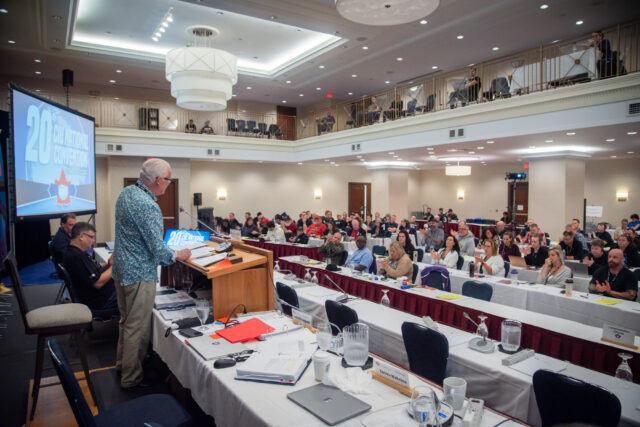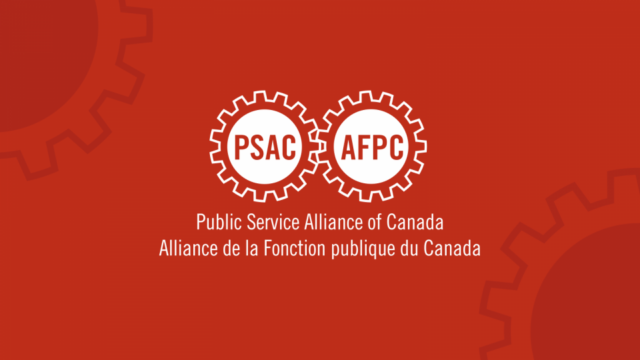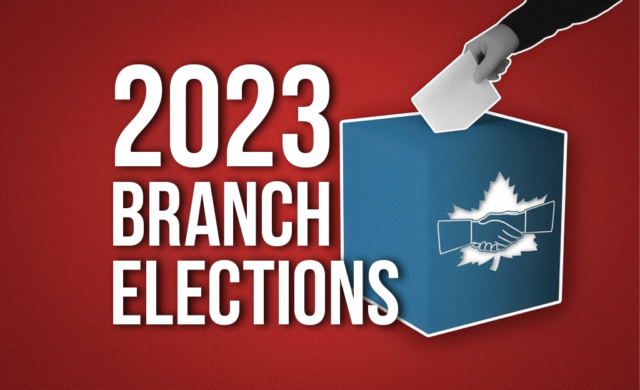Earlier this year, PSAC announced that we successfully negotiated key improvements to the Public Service Health Care Plan (PSHCP) for federal public service workers, and the new plan came into effect on July 1, 2023.
On the same date, the employer transferred the PSHCP provider contract from Sun Life to Canada Life as part of a separate procurement process, resulting in changes for nearly 1.5 million federal public service workers, retirees, and their dependents. This change was initiated and operationalized by the employer and was not part of PSAC and other unions’ negotiations on a new health care plan.
This transition has caused frustrating challenges for plan members and their dependents. Unfortunately, Canada Life has not been able to keep up with the influx of new members, retirees, and dependents that they now administer, and it is having a significant impact on people who depend on these benefits for their health and drug coverage.
Before the move to Canada Life, PSAC provided the government with recommendations for a smooth transition for plan members, including for Canada Life to hire additional staff and increase its call centre capacity.
Nearly two months later, tens of thousands of federal workers are still experiencing issues with their new health care coverage. Many have been unable to register or log into their accounts and face long claim processing delays. These problems are compounded by members’ inability to reach a Canada Life customer service agent to help them.
Since July, Canada Life has made some improvements, including expanding their call centre hours to seven days a week and hiring additional staff to assist plan members.
As of August 25, Canada Life has reported that 99% of plan members have been successfully enrolled under the new benefits plan. But customer service wait times remain too long, and too many calls remain unanswered. This poorly managed transition prevents our members from fully taking advantage of their benefits.
The Government of Canada made the decision to transition to Canada Life and it is their responsibility to hold Canada Life accountable for the many problems that members are facing.
PSAC has requested a meeting with Treasury Board President Anita Anand to discuss how the delivery of benefits can be improved for plan members as soon as possible.
This article was first posted on the PSAC website.










